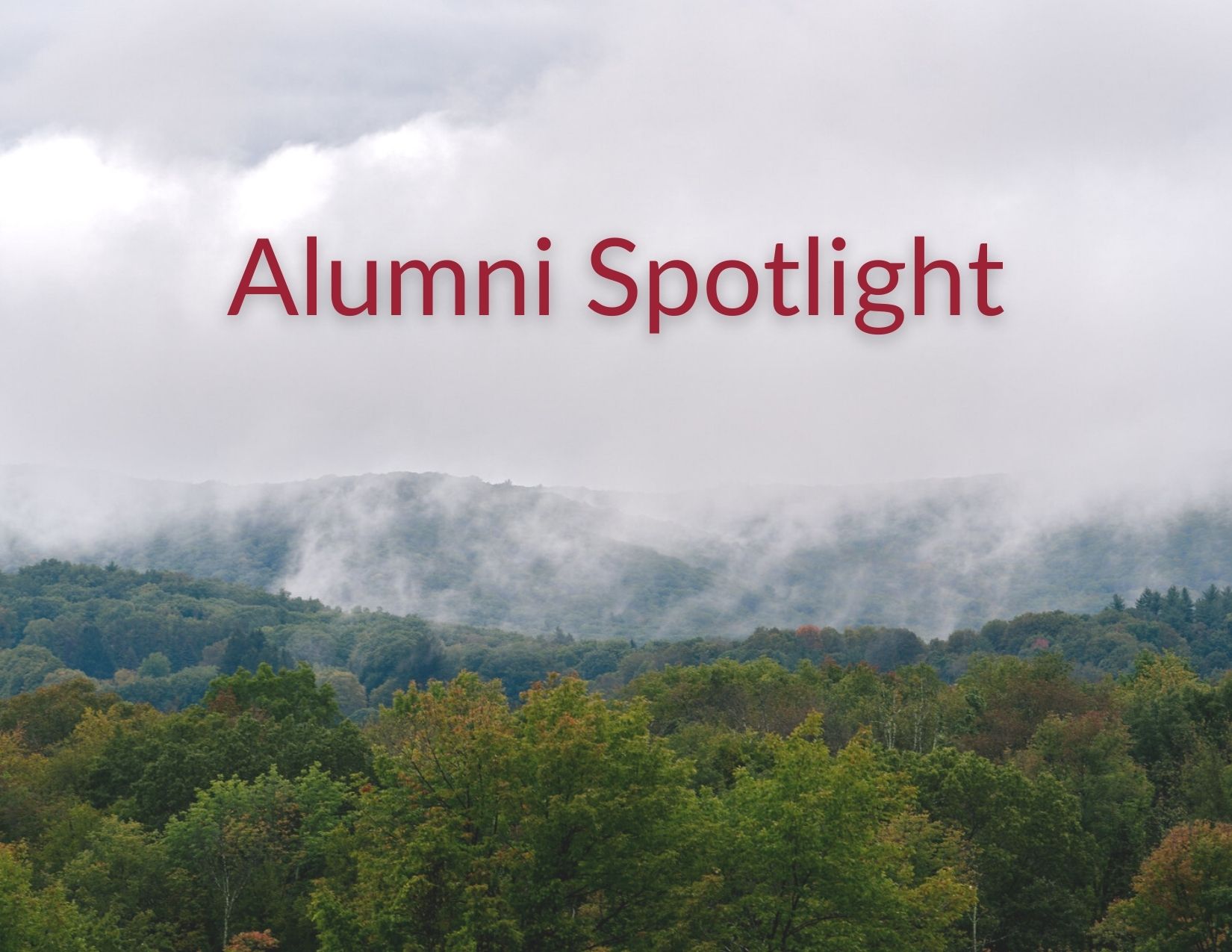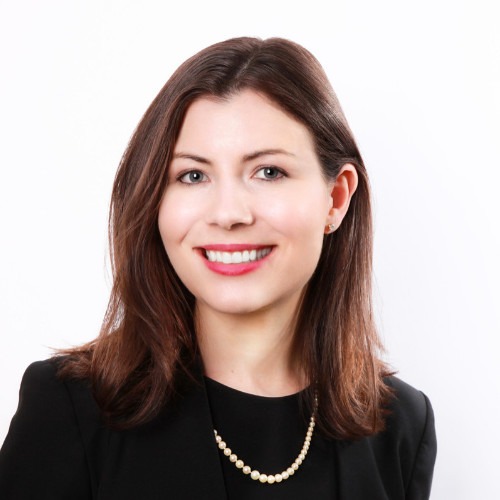Being Part of the Solution



Elizabeth Rich ’09, is a sustainability consultant and strategist, helping businesses in all sectors better their sustainability practices and systems. She is also Chief of Staff for Fashion Makes Change, a group that supports women’s empowerment in fashion supply chain industries while supporting decarbonization.
We asked Elizabeth a few questions about her work and her time at IMS.
IMS: What led you to work in the field of sustainability?
ER: My dad worked in development and my mom was an environmentalist so in some ways, I was predisposed to this line of work! IMS and the holistic education I received during my time on campus also played a key role. But when I went to IMS, it was the first time I was exposed to systems thinking – the way a curriculum could be broad ranging and also interconnected, and integrated the beautiful ecosystem we lived in. Also, the motto “Life Through Service” really positions your thinking to look at careers that are not necessarily about yourself and what you’ll do 9-5, but rather “What can I help solve?”
When I graduated from IMS, my interest in sustainability continued. I studied economics with a focus on poverty reduction at Georgetown University. That’s also where my interest turned to the business sector and how industry could be leveraged to drive more sustainable outcomes.
IMS: What drew you specifically to the fashion industry?
ER: The fashion industry is an economic powerhouse and generates over $3T in revenue annually. It is also one of the biggest employers worldwide — there are 190 million people working within the supply chain, and the majority of these are women. It was an industry that had long been overlooked as a tool for economic development and I wanted to explore how it could drive environmental and social good. I went on to receive a masters degree in sustainability at Glasgow Caledonian NYC – a Scottish University that opened up a campus in New York City. It was pioneering the ideas of what fashion could do to redesign the system and make it more sustainable.
For the last few years, I worked with Forum for the Future, one of the first sustainability NGOs to work with businesses to advance and create sustainability practices based on systems change. I’ve worked in partnership with influential firms like Burberry and Kering to integrate sustainability across business functions and re-imagine Environmental, Social and Governance (ESG) a value driver. I have also helped run coalitions around specific challenges, such as better sustainability for cotton and regenerative agriculture.
IMS: What motivates you every day?
ER: The solutions to create a sustainable future exist! We just need to implement them at scale and move markets way from unsustainable practices. Financial markets and regulatory bodies are also awakening to the challenges and opportunities a sustainable transition creates and are putting resources behind this transition, which is all very exciting. I love the work that I do. It gives me the ability to partner with businesses in all sectors, and every day I’m dealing with a different subtopic and how it integrates into sustainability: from wages to social equity, to waterless dying technology. For a naturally curious person, this is a dream. I worked with Method and Ecover on sustainable branding, and with Amazon on electrifying their fleet for their last mile, and Kering on new business models.
Another key motivation: remembering that that everyone can— and needs to be — be part of the solution. Consumers all have purchasing power, can influence policy makers, and advocate for change the world needs. The challenges are enormous and can be overwhelming, but I honestly wake up every day feeling optimistic.
IMS: What would you say to current IMS students?
ER: I have two pieces of advice. One: invest in your interests and take advantage of the opportunities IMS provides (congratulations to IMS for driving students’ intellectual curiosity and for including sustainability initiatives in the curriculum!) And two: no matter how old you are or what your field may be, you can be part of the solution to create significant positive changes in the world.
IMS: What is your favorite IMS memory?
ER: Well, I was team Gray and I think we won Mountain Day both years that I was there. And it was thrilling! There were also so many amazing teachers and many of them became lifelong mentors.
This website uses cookies so that we can provide you with the best user experience possible. Cookie information is stored in your browser and performs functions such as recognising you when you return to our website and helping our team to understand which sections of the website you find most interesting and useful.
Read our full privacy policy for more information.
Strictly Necessary Cookie should be enabled at all times so that we can save your preferences for cookie settings.
If you disable this cookie, we will not be able to save your preferences. This means that every time you visit this website you will need to enable or disable cookies again.
This website uses Google Analytics to collect anonymous information such as the number of visitors to the site, and the most popular pages.
Keeping this cookie enabled helps us to improve our website.
Please enable Strictly Necessary Cookies first so that we can save your preferences!